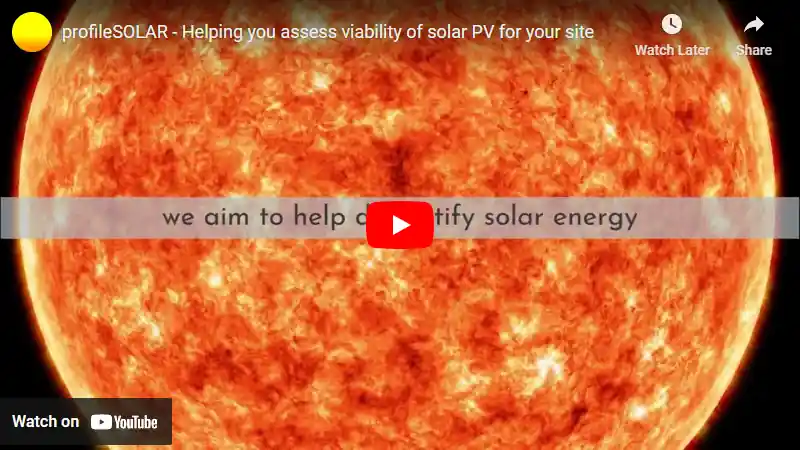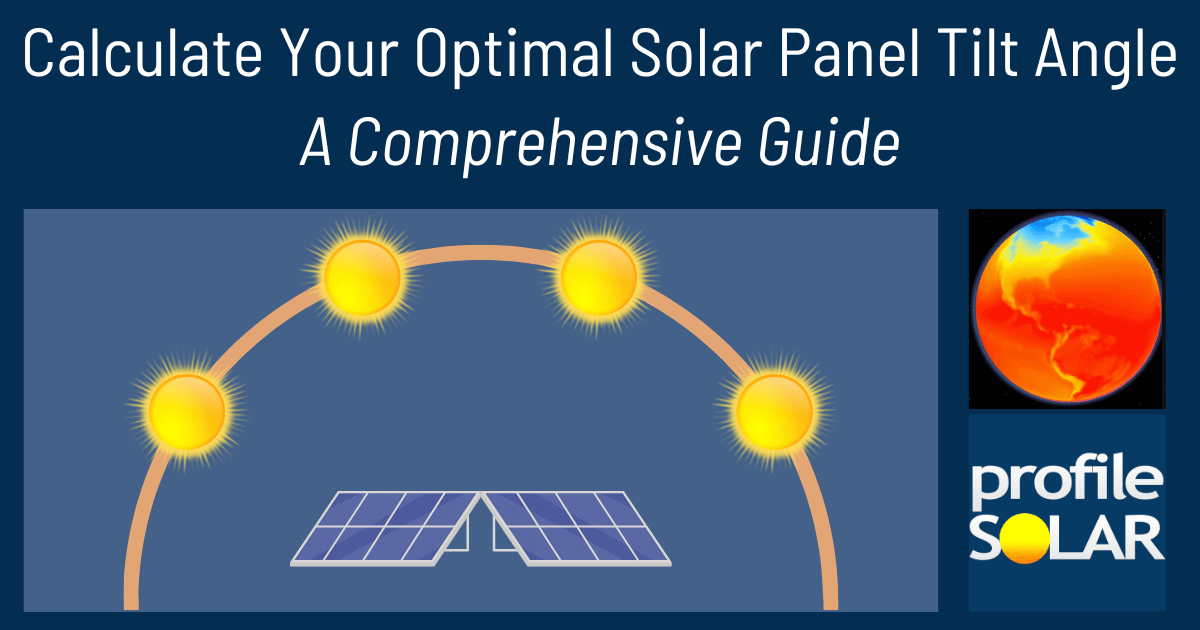

Southam, England, a town in Warwickshire, United Kingdom, presents a mixed picture for solar PV energy generation. Located in the Northern Temperate Zone, this area experiences significant seasonal variations in solar output, which greatly impacts the efficiency of solar installations throughout the year.
Seasonal Solar Performance
Summer stands out as the most productive season for solar energy in Southam, England, with an impressive daily output of 5.15kWh per kW of installed solar capacity. Spring follows closely behind, generating 4.29kWh/day. These seasons offer the best conditions for solar energy production, with longer daylight hours and generally clearer skies.
However, the picture changes dramatically during the colder months. Autumn sees a significant drop in production to 2.24kWh/day, while winter plummets to a mere 1.08kWh/day. This stark contrast highlights the challenges of relying solely on solar power in this location year-round.
Optimizing Solar Installation
To maximize year-round solar energy production in Southam, England, fixed solar panels should be installed at a tilt angle of 44 degrees facing south. This optimal angle helps capture the most sunlight possible throughout the year, considering the town's latitude and seasonal sun positions.
Environmental Factors and Mitigation
Several environmental factors can impact solar production in Southam:
- Cloud cover: The UK is known for its frequently overcast skies, which can significantly reduce solar output.
- Rain and humidity: These can decrease panel efficiency and may require more frequent cleaning.
While Southam's location presents challenges for year-round solar energy production, careful planning and appropriate technology can still make solar PV a viable option for supplementing energy needs, particularly during the more productive spring and summer months.
Note: The Northern Temperate Zone extends from 35° latitude North up to 66.5° latitude.
So far, we have conducted calculations to evaluate the solar photovoltaic (PV) potential in 763 locations across United Kingdom. This analysis provides insights into each city/location's potential for harnessing solar energy through PV installations.
Link: Solar PV potential in United Kingdom by location
Solar output per kW of installed solar PV by season in Southam
Seasonal solar PV output for Latitude: 52.2536, Longitude: -1.382 (Southam, United Kingdom), based on our analysis of 8760 hourly intervals of solar and meteorological data (one whole year) retrieved for that set of coordinates/location from NASA POWER (The Prediction of Worldwide Energy Resources) API:




Ideally tilt fixed solar panels 44° South in Southam, United Kingdom
To maximize your solar PV system's energy output in Southam, United Kingdom (Lat/Long 52.2536, -1.382) throughout the year, you should tilt your panels at an angle of 44° South for fixed panel installations.
As the Earth revolves around the Sun each year, the maximum angle of elevation of the Sun varies by +/- 23.45 degrees from its equinox elevation angle for a particular latitude. Finding the exact optimal angle to maximise solar PV production throughout the year can be challenging, but with careful consideration of historical solar energy and meteorological data for a certain location, it can be done precisely.
We use our own calculation, which incorporates NASA solar and meteorological data for the exact Lat/Long coordinates, to determine the ideal tilt angle of a solar panel that will yield maximum annual solar output. We calculate the optimal angle for each day of the year, taking into account its contribution to the yearly total PV potential at that specific location.

Seasonally adjusted solar panel tilt angles for Southam, United Kingdom
If you can adjust the tilt angle of your solar PV panels, please refer to the seasonal tilt angles below for optimal solar energy production in Southam, United Kingdom. As mentioned earlier, for fixed-panel solar PV installations, it is optimal to maintain a 44° South tilt angle throughout the year.
| Overall Best Summer Angle | Overall Best Autumn Angle | Overall Best Winter Angle | Overall Best Spring Angle |
|---|---|---|---|
| 36° South in Summer | 55° South in Autumn | 66° South in Winter | 44° South in Spring |
Our recommendations take into account more than just latitude and Earth's position in its elliptical orbit around the Sun. We also incorporate historical solar and meteorological data from NASA's Prediction of Worldwide Energy Resources (POWER) API to assign a weight to each ideal angle for each day based on its historical contribution to overall solar PV potential during a specific season.
This approach allows us to provide much more accurate recommendations than relying solely on latitude, as it considers unique weather conditions in different locations sharing the same latitude worldwide.
Calculate solar panel row spacing in Southam, United Kingdom
We've added a feature to calculate minimum solar panel row spacing by location. Enter your panel size and orientation below to get the minimum spacing in Southam, United Kingdom.
Our calculation method
- Solar Position:
We determine the Sun's position on the Winter solstice using the location's latitude and solar declination. - Shadow Projection:
We calculate the shadow length cast by panels using trigonometry, considering panel tilt and the Sun's elevation angle. - Minimum Spacing:
We add the shadow length to the horizontal space occupied by tilted panels.
This approach ensures maximum space efficiency while avoiding shading during critical times, as the Winter solstice represents the worst-case scenario for shadow length.
Topography for solar PV around Southam, United Kingdom
The topography around Southam, United Kingdom, is characterized by gently rolling hills and shallow valleys typical of the English Midlands. This area, located in Warwickshire, features a landscape that has been shaped by centuries of agricultural use. The terrain is generally low-lying, with modest elevations ranging from about 70 to 130 meters above sea level.
The surrounding countryside consists of a patchwork of fields, meadows, and small woodlands. The River Stowe runs near the town, carving a subtle valley through the landscape. To the east and northeast of Southam, the land gradually rises towards the Northamptonshire Uplands, while to the west, it slopes gently towards the Vale of Evesham.
In terms of areas nearby that would be most suited to large-scale solar PV (photovoltaic) installations, several factors need to be considered. Ideal locations for solar farms typically have the following characteristics:
- Relatively flat or gently sloping land
- Good exposure to sunlight with minimal shading
- Away from residential areas and sensitive ecosystems
- Close to existing electrical infrastructure
Given these criteria, the most suitable areas for large-scale solar PV near Southam would likely be found in the agricultural lands to the south and southeast of the town. These areas tend to have larger, open fields with fewer obstacles that could cast shadows on solar panels. The gentle slopes in these directions also provide good sun exposure throughout the day.
However, it's important to note that any large-scale solar development would need to balance energy production goals with preserving the rural character of the area and protecting valuable agricultural land. Local planning authorities would need to carefully consider proposals for solar farms to ensure they align with broader land use and environmental objectives.
United Kingdom solar PV Stats as a country
United Kingdom ranks 14th in the world for cumulative solar PV capacity, with 13,689 total MW's of solar PV installed. This means that 4.00% of United Kingdom's total energy as a country comes from solar PV (that's 20th in the world). Each year United Kingdom is generating 203 Watts from solar PV per capita (United Kingdom ranks 25th in the world for solar PV Watts generated per capita). [source]
Are there incentives for businesses to install solar in United Kingdom?
Yes, there are several incentives for businesses wanting to install solar energy in the United Kingdom. The UK government offers a Feed-in Tariff (FiT) scheme which pays businesses for every unit of electricity they generate from their solar panels. Additionally, businesses may be eligible for tax reliefs such as Enhanced Capital Allowances and Renewable Heat Incentives. Finally, some local authorities offer grants or other financial support to help businesses with the cost of installing solar energy systems.
Do you have more up to date information than this on incentives towards solar PV projects in United Kingdom? Please reach out to us and help us keep this information current. Thanks!
Citation Guide
Article Details for Citation
Author: Aaron Robinson
Publisher: profileSOLAR.com
First Published: Thursday 10th of October 2024
Last Updated: Thursday 10th of October 2024
Tell Us About Your Work
We love seeing how our research helps others! If you've cited this article in your work, we'd be delighted to hear about it. Drop us a line via our Contact Us page or on X, to share where you've used our information - we may feature a link to your work on our site. This helps create a network of valuable resources for others in the solar energy community and helps us understand how our research is contributing to the field. Plus, we occasionally highlight exceptional works that reference our research on our social media channels.
Feeling generous?

Share this with your friends!


Compare this location to others worldwide for solar PV potential
The solar PV analyses available on our website, including this one, are offered as a free service to the global community. Our aim is to provide education and aid informed decision-making regarding solar PV installations.
However, please note that these analyses are general guidance and may not meet specific project requirements. For in-depth, tailored forecasts and analysis crucial for feasibility studies or when pursuing maximum ROI from your solar projects, feel free to contact us; we offer comprehensive consulting services expressly for this purpose.
Helping you assess viability of solar PV for your site
Calculate Your Optimal Solar Panel Tilt Angle: A Comprehensive Guide
Enhance your solar panel's performance with our in-depth guide. Determine the best tilt angle using hard data, debunk common misunderstandings, and gain insight into how your specific location affects solar energy production.







